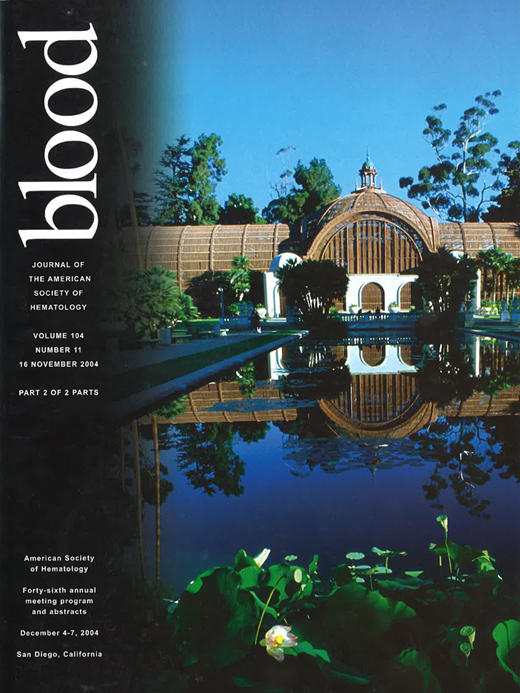Abstract
RAD001 (everolimus, Novartis) is an orally bioavailable derivative of rapamycin with demonstrated anti-proliferative activity against a broad panel of tumor cell lines and antitumor activity in experimental animal models of human cancer. RAD001 inhibits the mammalian target of rapamycin (mTOR) signaling pathway, which is involved in regulating many aspects of cell growth and cell cycle progression. Several lines of evidence implicate the importance of the PI3K/Akt/mTOR pathway in hematological malignancies. As there has been extensive experience with this agent in the solid organ transplantation setting, two dose levels (5 and 10 mg/day) were evaluated in the Phase I portion of this study to determine the maximum tolerated dose (MTD) to be used in the Phase II portion. RAD001 was administered orally once a day at the starting dose level of 5 mg. Fifteen patients have been enrolled, of which 14 (3 B-CLL, 4 MDS, 1 MF, 1 NK/T cell lymphoma/leukemia, 1 MCL, 3 AML, 1 T-PLL) were evaluable for safety and toxicity. Median age was 65 years (range, 56 to 76 years). Twelve patients (86%) had received prior therapy (median, 2 regimens; range, 0 to 6 regimens). Median time on study was 29 days (range, 12 to 105 days). No dose-limiting toxicities were observed in the 6 patients enrolled in the Phase I portion of the study (cohorts of 3 patients per dose level). The most common adverse events were grade ≥ 2 and consisted of hyperglycemia, hyperlipidemia, hypocalcemia, hypomagnesemia, hypophosphatemia and hypokalemia, transaminitis, diarrhea, dermatitis, and mucositis. Grade 3 toxicities consisted of asymptomatic hypophosphatemia (2), and hyperglycemia (3). No patient experienced grade 4 toxicities or death from RAD001. Of the 14 evaluable patients, 2 patients with B-CLL had a 33% and 65% reduction in the size of lymph nodes, respectively, and 1 patient with MDS had decreased transfusion requirements. At the time of analysis, only 1 patient had discontinued therapy due to disease progression. These preliminary findings indicate that RAD001 is well tolerated at a daily dose of 10 mg/day and may have clinical activity in patients with hematologic malignancies. Enrollment is ongoing.
Author notes
Corresponding author

